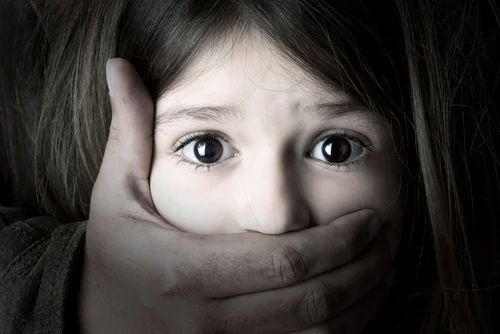+1 845 259 2974 (11 a.m to 7 p.m CST)
Online safety for kids: Many factors affect level of parental concern

There is enough well-documented evidence to support the fact that the Internet can be a dangerous space for kids, thus making parental control a necessary precaution. Threats ranging from Internet predators to cyberbullying and inappropriate content are just some of the dangers that children need to be protected from. However, parents don’t exactly find themselves on the same page as far as the perceived risk from these online safety issues is concerned. Northwestern University and Microsoft Research analyzed the data from an online survey of over 1000 parents done in the US in 2011 to determine how concerned parents belonging to different demographic and socioeconomic groups were about the aforementioned Internet threats. The study brought some pretty intriguing results to light.
The general view of parents
The survey that formed the basis of the research listed five potential threats on the Internet, namely stranger danger, pornographic content, violent content, kid getting bullied, and kid being a bully, asking parents just how concerned they were about these dangers and their impact on Internet safety for children. A majority of parents agreed that kids running into potentially dangerous strangers on the Internet is their biggest concern, followed by exposure to pornographic content. They ranked exposure to violent content as the third biggest concern, while child getting bullied or engaging in bullying ranked fourth and fifth. It’s quite obvious that kids coming across something that isn’t age-appropriate or someone who can exploit their gullibility is a much bigger concern for parents than cyberbullying.
How parental concerns differ with demographic factors
The primary focus of the research was to study the relation between parental concerns about various online-safety issues and demographic factors. The findings suggested that Hispanic and Asian parents are most likely to worry about their kids’ exposure to the five aforementioned cyber threats. In contrast, white parents are the least bit worried, whereas black parents are significantly more concerned than their white counterparts about certain online-safety issues such as stranger danger and pornography.
Influence of socioeconomic status on parental concern
The study suggested that parents with higher income relatively less worried about their kids getting exposed to pornography and online bullying. Furthermore, parents with a college degree aren’t as concerned about the stranger danger as their lesser-educated counterparts.
Gender and age of kids was also found to be a factor in how parents reacted to the threat of Internet predators, with parents of girls and young kids being more concerned about the issue than those with male kids. While parent’s religious beliefs or gender had little to do with their level of concern about Internet-safety issues, those with moderate or conservative beliefs were discovered to find their kids’ exposure to pornography a bigger worry than them engaging in cyberbullying. Parents with liberal persuasions, on the other hand, had a different take on the matter, with them considering online bullying a bigger concern than pornography.
The study clearly suggests that parents are not a single group when it comes to their concern about their kids’ online safety. Since they are not on the same page, policies introduced for keeping children safe on the Internet may prove to be ineffective as they don’t take the demographic and socioeconomic status factors into consideration.
Source: Northwestern University, news release, Nov. 21, 2013.























